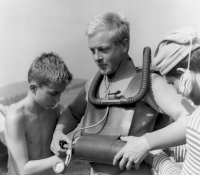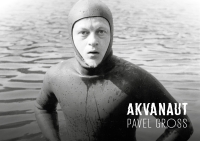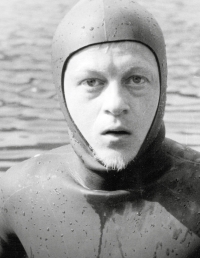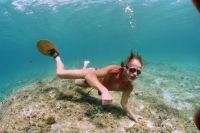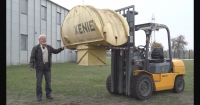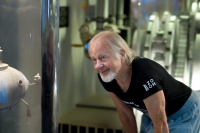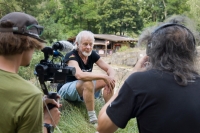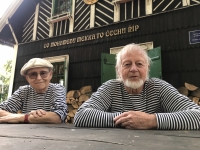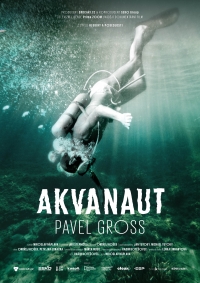I have enough projects for the next 200 years
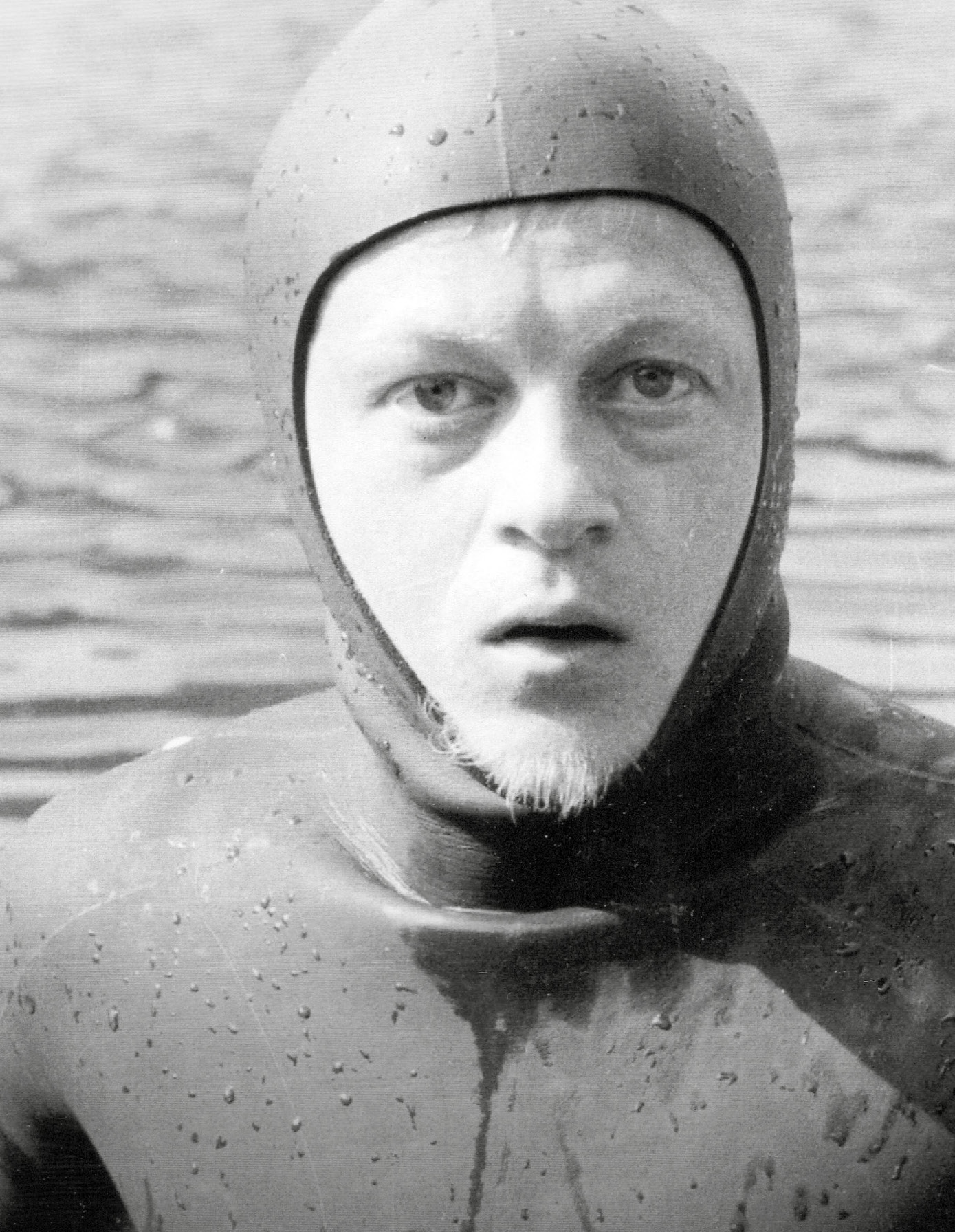
Stáhnout obrázek
Pavel Gross was born in Plzeň on 27 September 1939 and grew up in Šťáhlavy in the countryside. His father was the head of HR at Škoda which was bombed by the Germans during the Second World War. After the war, the family left their native region and moved to Prague where Pavel Gross completed a technical high school and a faculty of engineering despite his unfavourable ‚cadre profile‘. From a young age, he loved drawing and was talented in technology, which later led him to the idea of making the first underwater habitat. He met his future wife Libuše in a hardy swimmers club. Following the Soviet invasion, they left to live in Switzerland where they raised two children. He met Czech Jaroslav Kohout in Zurich and they began designing custom submarines. Following the Velvet Revolution, he bought a cottage in southern Bohemia where he and his wife go regularly in the summer. In 2023, traveller and filmmaker Miroslav Náplava made a film about him called Aquanaut Pavel Gross.
